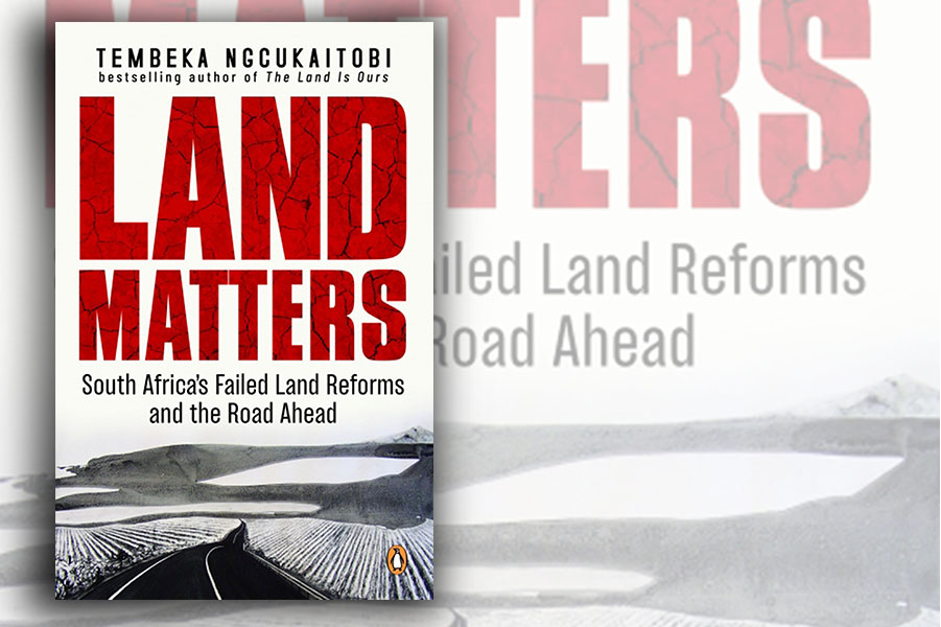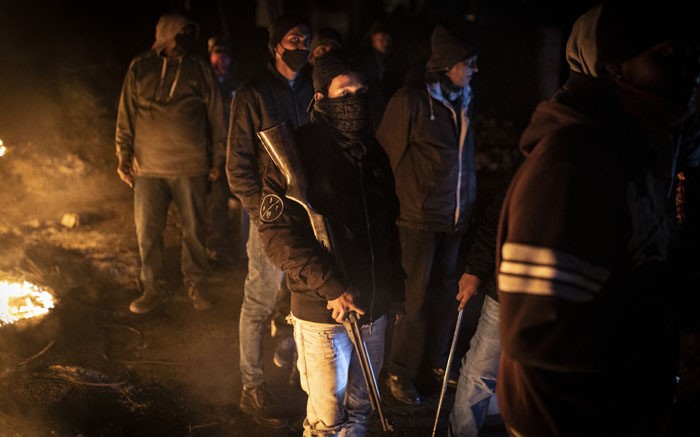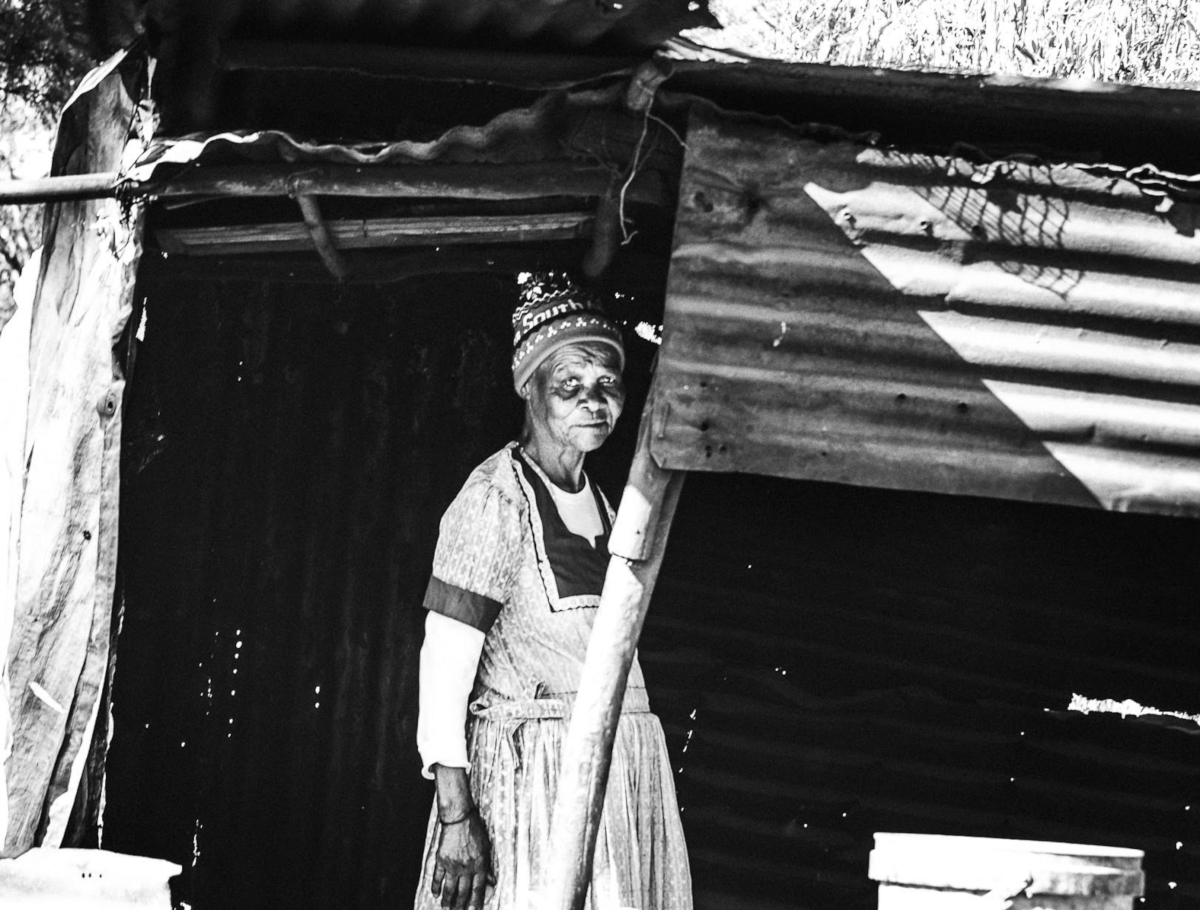“In our land the law of the nation reigns supreme” (Mazisi Kunene in Shaka Emperor The Great).
In terms of African culture and worldview, names given to people are pregnant with significance. The recipient of the name is supposed to embody its essence and live up to its meaning. Tembeka is the author of The Land is Ours (2018) which has nothing much to do with the land but the history of black lawyers who like him have accepted the law of the European conqueror. These black lawyers are part of the New African movement (Masilela 2013) or amaRespectables (Madlingozi 2017). Looking at the title of his book under review called Land Matters (2021) we could not trust Tembeka to embody the essence of his name as was the case with The Land is Ours (2018). Even though the title Land Matters gives the impression of the importance of land, the overarching essence of the book is reducible to Tembeka’s embodiment of the essence of the black lawyer who in The Land is Ours (2018) absurdly claims that the final constitution is a product of indigenisation by these amarespectables.
There are several ways in which a conquered people in a series of wars of colonisation since 1652 react to conquest. The prominent ways are collaboration and rebellion. Malcolm X captures this dichotomous reaction through the distinction between a House Negro and a Field Negro. The book Land Matters (2021) is divided into four parts which are written in a commendably simple language for easy comprehension. It is very difficult to encounter grammatical and syntactical errors in this book. The four parts of the book are very brief thus making it difficult for the reader to get lost in the argument of the book. The sequence of the four parts, namely Dispossession, Property and Liberation, Land Trials and Errors: Restitution, Redistribution and Tenure and The Future of Land Compensation, could have been organised differently. For instance, the second part on Property and Liberation should have been the first part while the first part on Dispossession which centres Apartheid should have been the second one. But the prioritisation of Apartheid as the fundamental problem in liberation politics in terms of the Congress Tradition which Tembeka is its radical subscriber accounts for his dubious sequence. Here Tembeka is living up to his name as an author who trusts in the Congress Tradition of the African National Congress which he criticizes to improve.
The underlying argument of the book is that land reform should be premised on the final constitution since as Tembeka argues this constitution is anti-colonial and revolutionary. The book posits that land reform must follow the rule of law thus reinforces the hegemony of the final constitution and white settler constitutionalism. Tembeka (2021:7) reasons that “my argument is that it is time to take the Constitution off the shelf. Dust it off. And put it to work on the land. Nelson Mandela intended for the Constitution to liberate us, not consign us to further dispossession”. Like a trustworthy successor-in-title to the black lawyers, Tembeka (2021:226) argues that “our forefathers were in struggle so that we could have access to the law…They were fighting for the law. We cannot abandon the law”. Which forefathers? Whose law? The title “Land Matters” is actually misleading as was the case with The Land is Ours, since the book is really about how much “the final constitution matters” for Tembeka and other amaRespectables like him in conqueror South Africa (Ramose 2018). This is not to argue that there is nothing to learn from the book. The section on Race and Dispossession is an unremarkable summation of the literature on scientific racism and settler colonialism in South Africa as pioneered by Saul Dubow (1995). The section on About Stolen Cattle is informative regarding how land dispossession was accompanied by the theft and violent deprivation of the livestock of the Indigenous people by white settlers waging a race war against the Indigenous people’s life and culture. The sections on Justice and Equity in Compensation and Is the Constitutional Amendment A Panacea? are a well-presented propaganda which seeks to reinforce white settler constitutionalism by shamelessly valorising the final constitution.
Tembeka as a well-miseducated collaborator with the law of the European conqueror engages in superfluous conceptual distinctions such as equality and equity all in the name of defending the epistemological paradigm of the European conqueror (Ramose 2007). Any informed reader outside the Congress Tradition of Tembeka and his black lawyering within the framework of the law of the European conqueror as opposed to the law of the Nation (Kunene 2017) can easily detect a rejoinder to the Azanian Tradition’s trenchant critique of the final constitution (Modiri 2018 & Dladla 2018). Trusting in the Congress Tradition and the amaRespectables tradition he archived in The Land is Ours (2018) Tembeka refuses to see how the section on Chiefly Power about how Shepstone distorted Indigenous law into the racist fiction of “customary law” through the Code of Native Law is just an instance of how the epistemological paradigm of the European conqueror comprising of Roman-Dutch and the so-called common law is extended in the final constitution.
The so-called rule of law which Tembeka is faithful to is a manifestation not of molao of the Indigenous people but the law of the European conqueror premised on the delusion of the civilizing mission. This rule of law and its white settler constitutionalism are products of the doctrine of Discovery as international law of colonialism (Miller 2011) which Tembeka fails to confront in this book. Tembeka has demonstrated in this book to be an intellectual comrade of the Congress Tradition who shadowboxes with the Azanian Tradition by intentionally refusing to cite it despite his subtle response to its critique of the final constitution. In the end one can trust Tembeka to mislead about the titles of his books. Land Matters just like The Land is Ours is a dubious title. Both mistitled books are about the defence of white settler constitutionalism. After carefully perusing them, we can safely conclude that Land Matters should be “The Constitution Matters” while The Land is Ours should be “The Constitution is Ours”. So, who can trust Tembeka?
“For there are ears straining against the loud nonsense of the destroyers(whites), ears that have heard all the sweet and easy sounds of death and found them false” (Ayi Kwei Armah in Two Thousand Seasons, our italics).






















